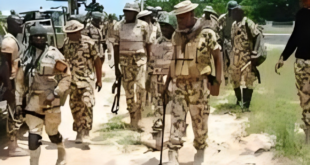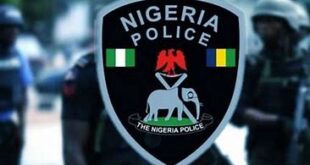The ongoing crisis in Plateau State has been a long-standing issue with deep political, ethnic, and socio-economic ramifications. What started as a localized conflict in the northern part of the state slowly spread and settled in the southern part for over three years, eventually triggering a state of emergency. But the dynamics surrounding this conflict shifted dramatically in 2010, when the Fulani, once bystanders to the violence, became active participants in the escalating crisis.
Honorable Solomon Dalung, a former Minister of Youth and Sports in an exclusive interview with 3rd Eye Africa Tv said the involvement of the Fulani in the violence was not initially driven by any interest or direct involvement in the conflict. Instead, they found themselves dragged into the crisis due to attacks on their communities, which led to retaliatory violence.
“Conflict has no leadership, no control, and no direction. It defines enemies based on perception rather than truth,” He explained. In some cases, even innocent locals from Plateau, merely resembling perceived ‘enemies,’ were attacked and killed.
The conflict, initially political in nature, evolved as different factions—ranging from political actors to commercial interests—exploited the situation. Politicians took advantage of the crisis to bolster their power, often using ethnicity or religion as tools to maintain influence. The impact of the crisis has been devastating for the state. The political system’s disregard for justice and accountability has allowed impunity to thrive, leading to escalating violence.
The former Minister emphasized that true peace can only be achieved through justice, urging the Plateau state government to take decisive action. He proposed that the government should officially recognize the findings of various commissions of inquiry, many of which have already implicated individuals from both sides of the conflict. By granting amnesty to those indicted and holding new perpetrators accountable.
While the state government under Governor Caleb Mutfwang has made attempts to revive stakeholder engagement, political divisions have hindered real progress. Many politicians, caught in their own interests, have avoided dialogue, weakening efforts to bridge the divide. The return of a strong government-stakeholder relationship can restore the peace-building efforts of the past
Dalung stated that peace begins with us describing his household, where members of different ethnic and religious backgrounds live harmoniously.
“I have adopted children from various backgrounds—Hausa, Fulani, Christians, Muslims—because peace begins with us,” he shared.
As Plateau continues to grapple with its history of conflict, peace can only be built on justice, accountability, and the collective will of the people. The government, political leaders, and citizens alike must work together to confront the divisive forces that threaten the unity of the state.
 3rd Eye Africa TV Illuminating Truth, Shaping Perspectives.
3rd Eye Africa TV Illuminating Truth, Shaping Perspectives.




